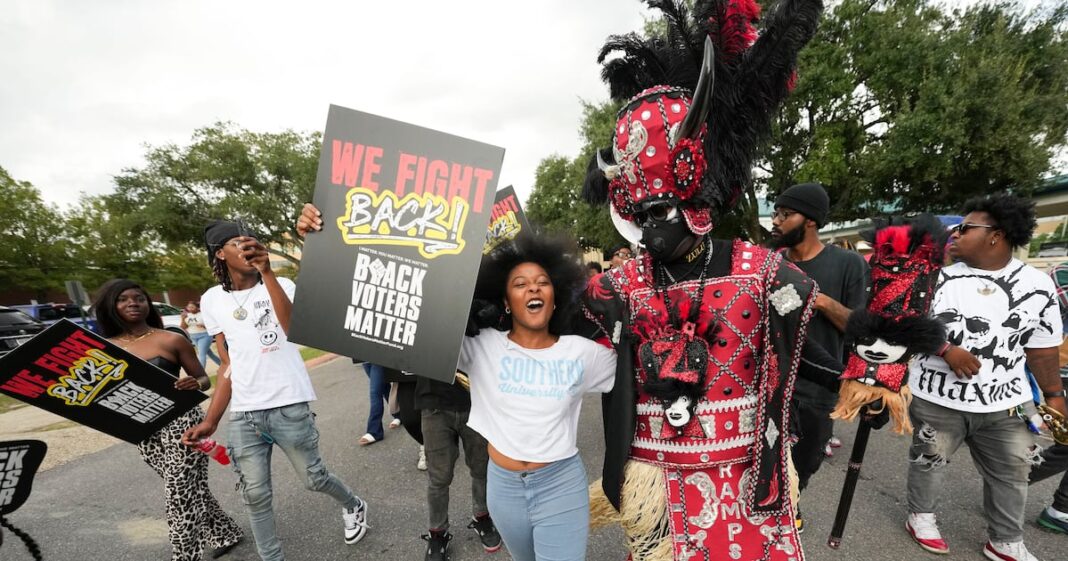Fears of Losing Representation: The Impact of Louisiana’s Congressional Changes on Black Communities
In Baton Rouge, Louisiana, the question of representation looms large, particularly for Black residents in newly drawn congressional districts. For almost thirty years, the town of Mansfield, with its predominantly Black demographic (approximately 80%), found itself represented by white Republicans. This longstanding disconnect prompted a significant change following the recent elections, where U.S. Rep. Cleo Fields, a Black Democrat, was elected to a congressional seat newly created to reflect the true demographic makeup of the region.
Historical Context: A Shift in Representation
Historically, the political landscape of Louisiana has been marked by the underrepresentation of Black residents. Despite a heavy Democratic leaning, the congressional representation for many years failed to reflect the community’s majority. The establishment of a second Black majority congressional district emerges from a long struggle for equitable representation. This shift not only aims to correct decades of disenfranchisement but also opens doors for more accurate advocacy for the community’s needs.
The Supreme Court Case: A New Challenge
The gains made through the electoral process face a significant challenge as a case moves forward in the U.S. Supreme Court. The core issue at hand is whether the newly drawn congressional map, which aims to fortify representation for Black voters, will be upheld or dismantled. In a district comprised mainly of Black residents, the fear of losing this hard-won representation underscores the precarious nature of electoral gains in America.
Voices of Concern: Community Perspectives
Residents express deep concerns regarding the possible repercussions of this Supreme Court case. With the prospect of reverting to a previous status quo, many fear that their voices will once again be overshadowed. This anxiety reflects a broader sentiment where communities are calling for sustained advocacy from their representatives—advocacy that resonates with their unique challenges and perspectives.
The Role of Congressman Cleo Fields
Cleo Fields, who now serves as a voice for the newly drawn district, carries the hopes of the community on his shoulders. As a representative who embodies the demographic he serves, Fields is seen as someone who understands the intricacies of the challenges facing Black communities in Louisiana. His election heralds a new chapter in local politics, with hopes that he will address critical issues such as economic development, education access, and healthcare—concerns that resonate deeply with his constituents.
Ongoing Advocacy and the Path Ahead
The struggle for representation is not merely a political issue; it strikes at the heart of democracy itself. As the community looks ahead, continued advocacy is crucial. Factors like voting rights, community engagement, and sustained political education are vital to ensure that the voices of Black residents remain prominent in discussions of policy and governance. The fears surrounding potential loss of representation highlight the importance of vigilance in governmental oversight and the active participation of residents in the democratic process.
Conclusion: Upholding Representation
As court decisions loom, the quest for equitable representation in Louisiana highlights the broader struggles faced by many minority communities across the United States. The ongoing battle for fair representation is not just about electoral victories; it’s about securing a future where all voices are heard and valued in the political arena. The stakes are high, and the journey continues as communities advocate for their rightful place in congress.



